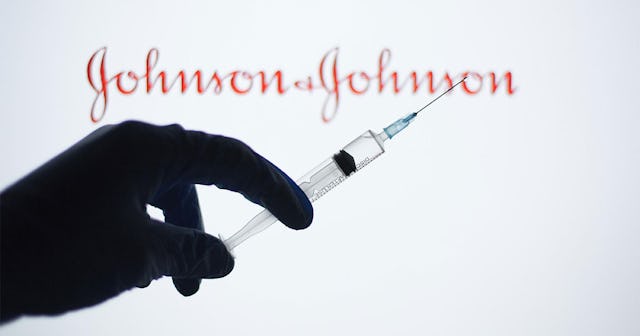CDC Says U.S. Should Resume Use Of The J&J Vaccine

The Johnson & Johnson vaccine pause is over
Earlier this month, the Food and Drug Administration and the Centers for Disease Control and Prevention (CDC) pushed the pause button on the Johnson & Johnson vaccine after six recipients in the United States developed a rare disorder involving blood clots. On April 23, 2021, both the FDA and CDC — after meeting with experts — decided that the benefits far outweighs the risks, and that use of the J&J vaccine should resume.
The CDC announced the news about the Johnson & Johnson vaccine Friday evening “following a thorough safety review, including two meetings of the CDC’s Advisory Committee on Immunization Practices.”
“The FDA has determined that the available data show that the vaccine’s known and potential benefits outweigh its known and potential risks in individuals 18 years of age and older,” the CDC said, adding that the chance of developing life-threatening blood clots after receiving the vaccine “is very low, but the FDA and CDC will remain vigilant in continuing to investigate this risk.”
CNBC reports that to date, the CDC has confirmed 15 cases total of rare blood clot conditions out of the nearly 8 million people who have received the Johnson & Johnson vaccine. Additionally, the issue only seems to affect women, at a rate of 7 per 1 million in women ages 18 to 49. There are no confirmed cases in men.
The CDC advisory committee suggested that the vaccine resume use, but that the FDA include a warning label for women under 50.
The New York Times reports that the warning label will note that “most cases of the rare clotting disorder have occurred in women between 18 and 49 years old. It also says that a ‘causal relationship’ between the vaccine and the clots ‘is plausible.'”
Various health departments have already stated they plan to resume using the J&J vaccine very soon. CNBC says that the J&J vaccine is a necessary tool in the fight to end COVID-19 because you only need one dose and it doesn’t require the specific refrigeration that the Moderna and Pfizer vaccines do. For this reason, U.S. health officials say it’s a great vaccine for reaching rural communities and individuals who may not be able to come back for a second dose.
The news is being celebrated by health officials and many who wondered why there was so much panic over the J&J shot when birth control significantly raises the odds of getting a blood clot. According to the National Blood Clot Alliance, the chances of a woman developing blood clots while on birth control are three or four times higher. They estimate that 1 in 1,000 women who take the pill will develop a clot per year.
The FDA says that the brief J&J pause should have actually bolstered your faith in the vaccine, knowing that the CDC and the FDA were overly cautious and did their due diligence to look into the issue.
As always, if you have any questions about the vaccine, please speak to your healthcare provider or local public health department.